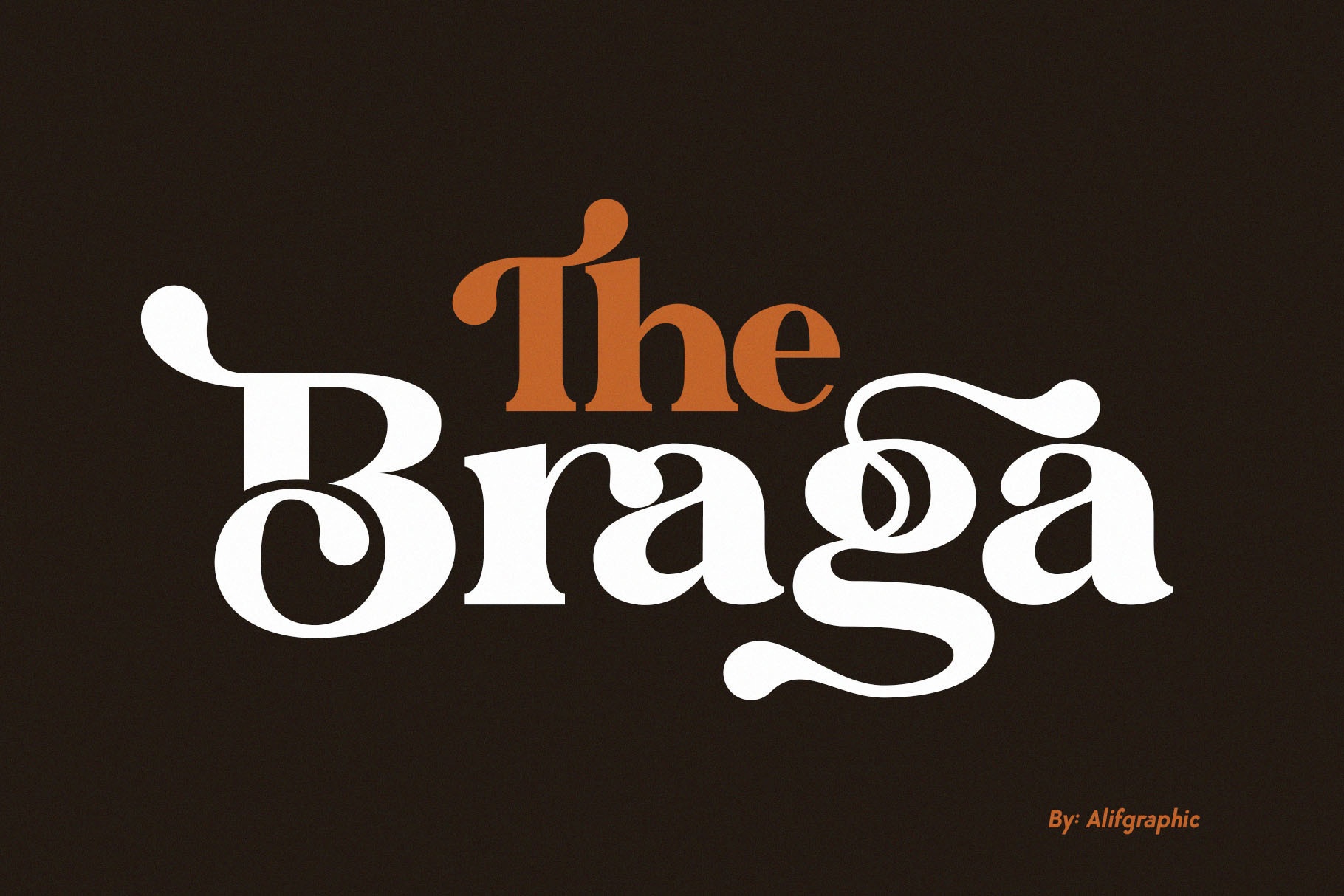Alice Braga ethnicity has long been a topic of fascination among fans and critics alike. This Brazilian actress, known for her captivating performances on screen, carries a rich cultural heritage that deeply influences her career and identity. Understanding her ethnic background not only sheds light on her personal journey but also highlights the diversity she brings to the entertainment industry. In this article, we will delve into Alice Braga's ethnicity, exploring her roots, cultural influences, and the impact of her heritage on her professional life.
Alice Braga, born on April 15, 1983, in São Paulo, Brazil, comes from a family deeply rooted in the arts. Her career in acting began at a young age, and her ethnic identity has played a pivotal role in shaping her roles and public persona. As a prominent figure in both Brazilian and international cinema, her ethnicity is not just a label but a defining element of her identity. This article will provide a comprehensive look at Alice Braga's ethnic background, her family's artistic legacy, and how her heritage influences her work.
Through this exploration, we will also touch on broader themes such as cultural representation in media, the importance of diversity in storytelling, and how Alice Braga's ethnicity enriches her performances. Whether you are a fan of her work or simply curious about her roots, this article aims to provide valuable insights into the life and heritage of one of Brazil's most celebrated actresses.
Read also:5starsstockscom Healthcare A Comprehensive Guide To Investing In The Healthcare Sector
Table of Contents
Biography of Alice Braga
Alice Braga was born in São Paulo, Brazil, into a family with a rich artistic legacy. Her early exposure to the world of acting came through her aunt, the renowned actress Sônia Braga, who has been a significant influence in her life. Alice's journey in the entertainment industry began at a young age, with her first acting role in the Brazilian children's TV series *Xuxa Park* when she was just eight years old. Over the years, she honed her craft, appearing in Brazilian films and television shows before making her international debut.
Her breakthrough role came with the film *City of God* (2002), where she played the character Angélica. This critically acclaimed film not only showcased her talent but also brought her to the attention of global audiences. Following this success, Alice continued to build her career with roles in both Brazilian and Hollywood productions, including *I Am Legend* (2007) alongside Will Smith and *Blindness* (2008). Her ability to seamlessly transition between different cultural contexts is a testament to her versatility as an actress.
Throughout her career, Alice Braga has been celebrated for her dedication to her craft and her commitment to representing diverse stories. Her performances often reflect her deep connection to her Brazilian roots, allowing her to bring authenticity to her roles. Beyond acting, Alice is also a producer and advocate for greater representation of Latinx voices in the entertainment industry.
Personal Data and Biodata
To provide a clearer picture of Alice Braga's identity and background, here is a table summarizing her personal data and biodata:
| Full Name | Alice Braga Moraes |
|---|---|
| Date of Birth | April 15, 1983 |
| Place of Birth | São Paulo, Brazil |
| Nationality | Brazilian |
| Ethnicity | Mixed (Brazilian, Portuguese, Indigenous, African) |
| Occupation | Actress, Producer |
| Notable Works | *City of God*, *I Am Legend*, *Blindness*, *Queen of the South* |
This biodata highlights Alice Braga's diverse heritage and her contributions to the world of entertainment. Her mixed ethnicity, which includes Brazilian, Portuguese, Indigenous, and African roots, is a reflection of Brazil's multicultural society and plays a significant role in shaping her identity.
Family Background and Ethnic Roots
Alice Braga's ethnicity is a blend of diverse cultural influences, shaped by her family's rich history. Her mother, Ana Braga, is a producer, and her father, Fernando Moraes, is a journalist. Both of her parents have contributed to Brazil's cultural landscape, further enriching Alice's understanding of her heritage. However, it is her maternal aunt, Sônia Braga, who has had the most profound impact on her career and ethnic identity.
Read also:Thom Bierdz Husband Who Is He
The Braga family's roots trace back to various ethnic groups, including Portuguese colonizers, Indigenous peoples, and African descendants. This mixed heritage is emblematic of Brazil's history as a melting pot of cultures. Alice's Portuguese ancestry connects her to the early settlers who shaped Brazil's colonial past, while her Indigenous and African roots highlight the country's diverse population and the resilience of marginalized communities.
Her family's artistic legacy has also played a crucial role in shaping her worldview. Growing up surrounded by creatives, Alice developed a deep appreciation for storytelling and the arts. This environment not only nurtured her talent but also instilled in her a sense of pride in her ethnic background. Her family's influence is evident in her choice of roles, which often celebrate cultural diversity and challenge stereotypes.
Key Ethnic Influences
- Portuguese Heritage: Reflects Brazil's colonial history and cultural traditions.
- Indigenous Roots: Highlights the importance of preserving native cultures and stories.
- African Descent: Represents the resilience and contributions of Afro-Brazilians to the nation's identity.
Cultural Influence on Her Career
Alice Braga's ethnicity has been a driving force behind her career choices and the roles she takes on. Her mixed heritage allows her to connect with a wide range of characters and stories, bringing authenticity and depth to her performances. This cultural influence is particularly evident in her work in both Brazilian and international cinema.
In Brazilian films, Alice often portrays characters that reflect the country's diverse population. Her role in *City of God*, for example, showcased the realities of life in Rio de Janeiro's favelas, a story deeply rooted in Brazil's social and cultural fabric. By taking on such roles, Alice not only highlights important social issues but also celebrates the richness of Brazilian culture.
On the international stage, Alice has used her platform to advocate for greater representation of Latinx voices. Her role as Teresa Mendoza in the television series *Queen of the South* is a testament to her ability to bring complex, multidimensional characters to life. Through her work, Alice challenges stereotypes and promotes a more nuanced understanding of Latinx identities.
Impact on Storytelling
- Authentic Representation: Alice's performances often reflect her cultural background, offering audiences a genuine portrayal of diverse experiences.
- Social Commentary: Many of her roles address important social issues, such as inequality and resilience, inspired by her ethnic roots.
- Cross-Cultural Appeal: Her ability to connect with audiences across different cultures has made her a global icon.
Impact of Ethnicity on Her Roles
Alice Braga's ethnicity has significantly influenced the types of roles she chooses and the way she approaches her characters. Her mixed heritage allows her to bring a unique perspective to her performances, making her a sought-after actress in both Brazilian and international projects. This section explores how her ethnic background has shaped her career and the impact it has had on her roles.
One of the most notable aspects of Alice's career is her ability to portray characters that reflect the diversity of Brazil's population. In films like *City of God* and *Lower City*, she has taken on roles that highlight the struggles and triumphs of marginalized communities. These performances not only showcase her talent but also bring attention to important social issues, such as poverty and inequality. Her ethnic identity allows her to connect with these stories on a personal level, adding depth and authenticity to her portrayals.
On the international stage, Alice has used her platform to advocate for greater representation of Latinx voices. Her role in *I Am Legend* as Anna, a survivor in a post-apocalyptic world, was groundbreaking for its time. As one of the few Latinx actresses in a major Hollywood production, Alice brought visibility to underrepresented communities. Similarly, her portrayal of Teresa Mendoza in *Queen of the South* challenged stereotypes about Latina women, presenting a strong, independent character who defies traditional gender roles.
Key Roles and Ethnic Influence
- *City of God*: Highlighted social issues in Brazil's favelas.
- *I Am Legend*: Brought visibility to Latinx representation in Hollywood.
- *Queen of the South*: Challenged stereotypes about Latina women.
Representation of Ethnicity in Media
The representation of ethnicity in media has long been a topic of discussion, and Alice Braga has been at the forefront of efforts to promote diversity and inclusion. Her work both on and off-screen reflects a commitment to amplifying underrepresented voices and challenging stereotypes. This section explores the importance of ethnic representation in media and Alice's contributions to this cause.
In recent years, there has been a growing recognition of the need for more diverse stories and characters in film and television. Alice Braga's career is a testament to the impact of authentic representation. By taking on roles that reflect her cultural background, she has helped to bring attention to the experiences of Latinx communities. Her performances often highlight the complexities of identity, offering audiences a more nuanced understanding of ethnic diversity.
Beyond her acting career, Alice has also been involved in producing projects that prioritize representation. As a producer, she has worked to create opportunities for Latinx artists and storytellers, ensuring that their voices are heard. Her advocacy extends to her public appearances, where she often speaks about the importance of diversity in storytelling and the need for greater inclusion in the entertainment industry.
Challenges and Progress
- Stereotypes: Alice's work challenges traditional stereotypes about Latinx identities.
- Inclusion: Her advocacy promotes greater representation in media.
- Impact: Her efforts have inspired a new generation of Latinx artists.
Awards and Recognition
Alice Braga's contributions to the entertainment industry have earned her numerous accolades and recognition. Her performances, deeply influenced by her ethnic background, have resonated with audiences and critics alike. This section highlights some of the key awards and honors she has received throughout her career.
One of Alice's earliest recognitions came with her role in *City of God*, which earned her critical acclaim and several award nominations. Her portrayal of Angélica showcased her talent and brought her to the attention of international audiences. Following this success, she received praise for her performances in films like *Blindness* and *I Am Legend*, further solidifying her status as a versatile actress.
In addition to her acting accolades, Alice has been celebrated for her advocacy work and commitment to promoting diversity in media. Her efforts to amplify Latinx voices have earned her recognition from organizations dedicated to equality and representation in the arts. These honors reflect not only her talent as an actress but also her dedication to making a positive impact in the industry.
Notable Awards and Honors
- Best Actress Nominations: Recognized for her roles in *City of God* and *Blindness*.
- Advocacy Awards: Honored for her work in promoting diversity and inclusion.
- Industry Recognition: Pra

